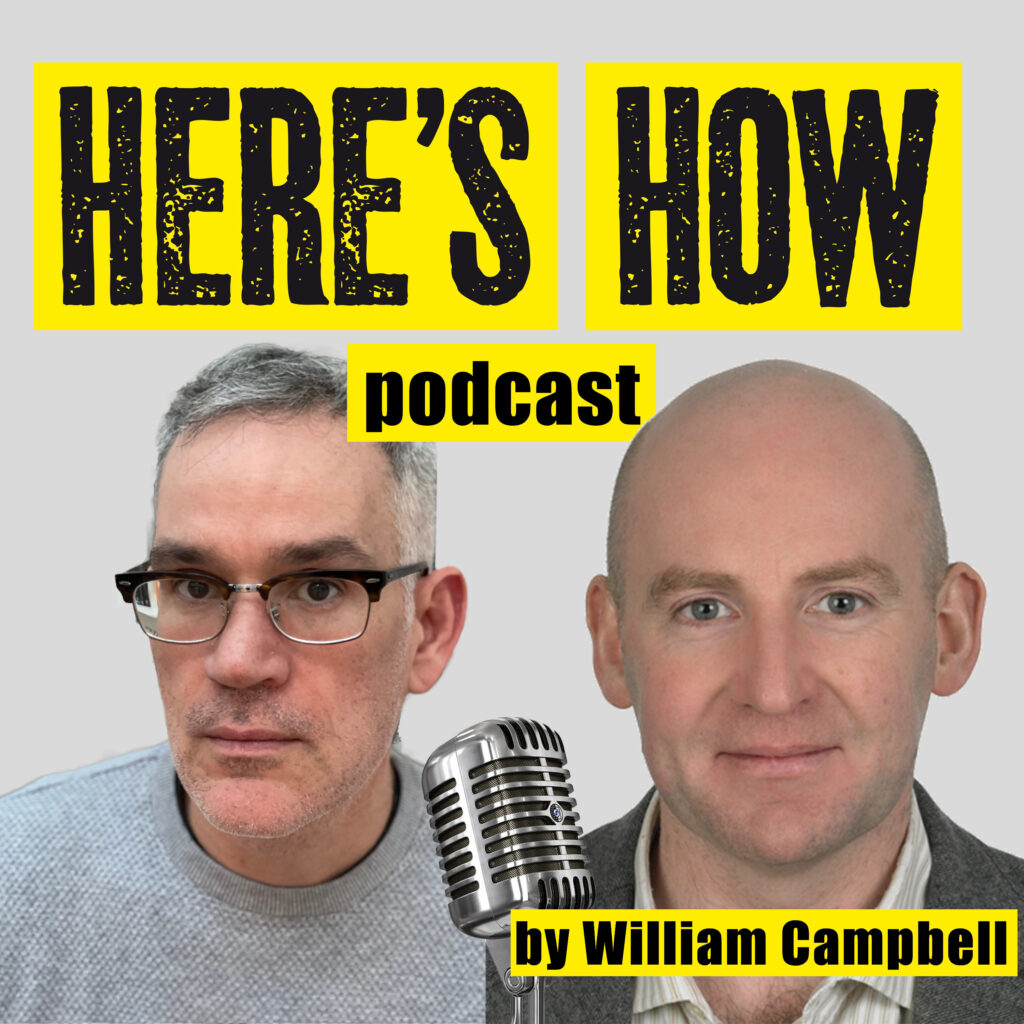Podcast: Play in new window
Subscribe: Apple Podcasts | RSS | More
Mathew Creighton is associate professor of sociology at UCD.

*****
I’ve been on a low-information diet.
I suppose I’m someone who is generally pretty well-informed but sometimes that can get a bit too much, so a few months ago I just tuned out, deleted all my news apps, Twitter – while it still had the bird – and all the other social media apps, and I didn’t log in to any news websites. For podcasts, I just hit skip on any that were covering current events.
I suppose I’d say it was for my ‘mental health’ if I was using the fashionable language of the day. I did a couple of other things too, like cycling around more often when I have short trips to make.
I can report back that it works. There is certainly something about the unrelenting negativity that gets to you in a drip-drip way. And, if the news wasn’t bad enough, the hostility and negativity about the news on social media, and in the comments section that almost every news outlet uses to generate more clicks and page impressions is even worse.
I’ve seen it said that the online comments are so much more toxic than what almost anyone would say in real life, not only because of the anonymity that some users take advantage of, but also because even users who don’t hide their identity are not getting the feedback that face-to-face interaction with a human would have given them in every single century of the existence of our species, except the current one.
Even if people are using profiles that bear their name and their face, many of them are often still far more extreme in their language, far harsher in their criticism, and far quicker to assume the worst motives in their opponents. The theory is that they are disinhibited by not having anything to represent the target of their vitriol other than, at most, a name and a tiny avatar.
Without that inhibition, they are willing to say things and behave in a way that they would agree is objectively terrible in any other circumstances.
Well, in almost any other circumstances. There is one other situation that most of us encounter where people seem to be willing to throw out the normal rules of basic respect for strangers that you meet.
If you cycle regularly in any city, you’ll know what I mean. Maybe the isolation of being in a sealed metal box plays the same disinhibiting role as being remote from the other humans you interact with on social media. But it seems to me that a chunk of the driving public, a chunk large enough for it not to be plausible that they are all sociopaths, a chunk of them are willing to treat other human beings with a level hostility and disregard for their safety that any non-sociopath would consider appalling.
One incident made this impression on me was when I was when I was cycling on a two-land street in Dublin a few years back. The street had a cycle lane, if that’s what you want to call it, but it was only painted on, there were no physical barriers. I was cycling at about the same speed as the motor traffic, in the cycle lane, when the driver beside me started to drift into the cycle lane. He wasn’t indicating, there was no junction coming up, so I presume just wasn’t paying attention.
I took evasive action, but the driver kept closing in on me, and with maybe one or two second before I would have been jammed between his car and the footpath, I whacked the passenger-side window to try to alert the driver to my presence. I don’t remember what I yelled, but I’m sure it was something his optician or his paternity. The driver buzzed down the passenger window and started to shout back at me, along the lines of how dare I disrespect his vehicle.
It was then that something odd happened. In the midst of a heated moment, we both had a startling realisation. We knew each other. The driver was a friend-of-a-friend who I’d bumped into at various events. I think both of our moods changed in the same instant.
We were both immediately a lot more conciliatory. I told him he had to be more careful, he told me that he’d got a shock when he heard my hand hit his window. We parted on good terms.
The instructive part of this was that instant where we both changed from being the hostile anonymous other to actual human beings. Once the protective shield of a metal box was removed, it was striking how fast and how much the mood changed.
And I think that it is striking that that metal box does seem to perform the same function as the anonymity of social media, putting people at a remove from the humans that are the target of their anger; Not protecting the people at the sharp end, but protecting the trolls and also maybe the drivers from empathising with them. That callousness is not so easy to pull off when you are confronted with the humanity of the people whose mental health, or physical safety, you are endangering.
So, what do I take from all of this? I don’t know. It’s springtime. Go outside. Go for a walk. Say hello to people. As Blindboy might say, pet a dog.







